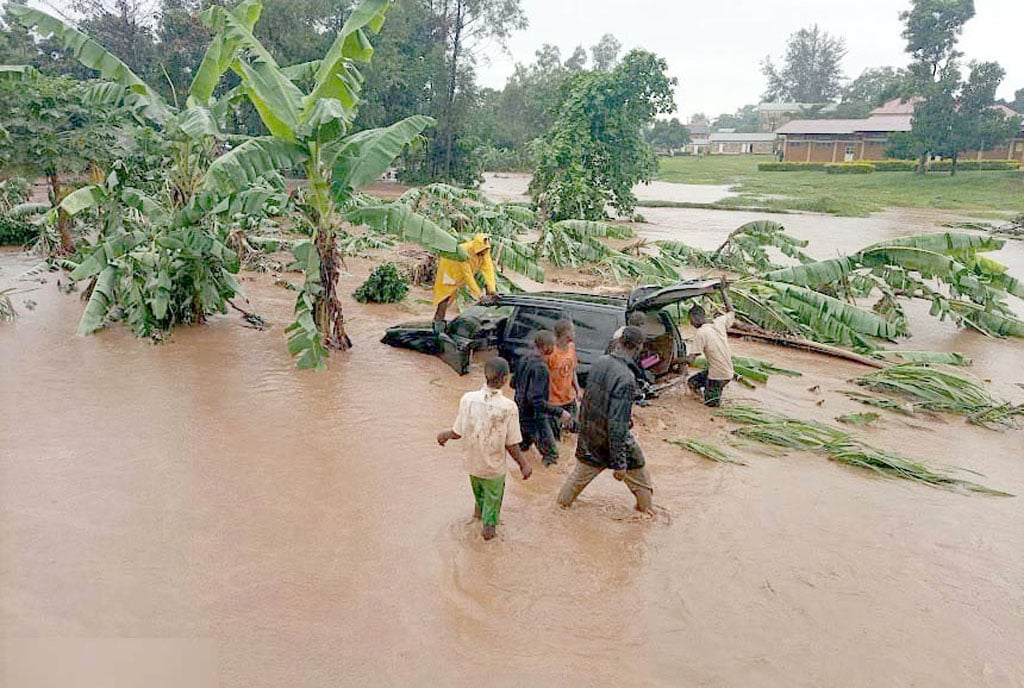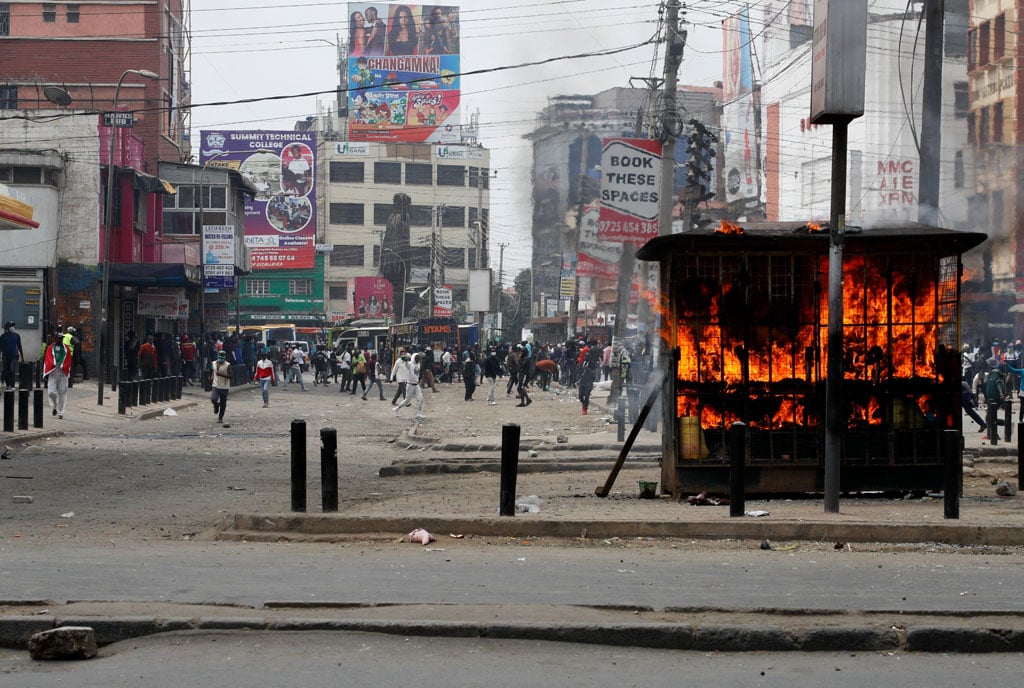Prime
How Yumbe farmers are conserving environment

Some of the trees which were cut down in Yumbe District. Farmers in Gbiria Village in Ariwa Sub-county, Yumbe have adopted practices to conserve the environment. PHOTO/ROBERT ELEMA
What you need to know:
- Residents say the environment has been destroyed by people looking for charcoal and timber.
Farmers in Gbiria Village in Ariwa Sub-county, Yumbe have adopted practices to conserve the environment.
Speaking to Daily Monitor at the weekend, the farmers said the interventions are meant to help Yumbe District recover from the negative effects of environmental degradation.
Mr Swali Azubu, 42, a resident of the village, said he is practicing agroforestry on his two-acre piece of land to help the land regenerate.
“I have established an orchard where I have planted various fruit tree species like the grafted mangoes, guavas and pawpaws. I also reserved some natural trees in my garden of about two acres,” he said.
He added: “… the trees which were cut have regenerated. This has provided me with some ground for apiary projects. I started the apiary project with 10 beehives but as of now, the number has reached 20 and the natural trees provide good shade and nectar for the bees.”
Mr Adinan Mafu, another resident, said he began taking steps to conserve the environment last year.
“I started preserving the natural trees on this piece of land last year. The trees that were cut started sprouting and with continuous pruning, the trees have grown well, which has provided me with the ground to practice apiary projects,” Mr Mafu said.
The farmers, however, decried the rate at which the environment is being destroyed in the district.
“The rate at which the environment is destroyed for charcoal burning, timber, and wood fuel, among others, is rampant in the district. Restoration of the environment is a big problem. That is why we are experiencing the harsh weather that doesn’t support farming in the district,” Mr Azubu said.
Mr Mafu added: “The problem in our area is that few people have the zeal to plant trees but many cut them for various uses, which is very bad. If we need to re-green our environment, many people should be brought on board to plant trees.”
The farmers said the issue has been exacerbated by the South Sudan refugees who rely on trees for shelter and fuel. This has left many areas bare and affected the weather.
Yumbe typically receives about 181.33 millimetres (7.14 inches) of precipitation and has 223.35 rainy days (61.19 percent of the time) annually, according to the meteorological department.
What the leaders say
The Yumbe Chief Administrative Officer, Mr Moses Chuna Kapolon, said it is a big investment to re-green the environment, which has been diversely affected.
“We must acknowledge that when we mismanage our natural resources, then we are mismanaging our lives. Indeed, human activities have resulted in the deterioration of natural resources. People have cut a lot of trees and destroyed wetlands and swamps,” he said.
He added: “Every quarter, we release about Shs5 million to the natural resources department but the head of the natural resources earns Shs6 million per month as salary, so, you can see this kind of slope-sided strategy.”
The Yumbe District chairman, Mr Abdulmutwalib Asiku, said climate change has greatly affected the district, adding that they are now experiencing prolonged dry seasons due to unreliable rainfall.
“Our discussions have always been centered on how resources can be appropriated to respond to the demands of the community such as livelihood and mitigating the environmental challenges. We continue to grapple with those challenges,” he said.
Hopeful
World Vision International, a non-governmental organisation which operates in Bidibidi Refugee Settlement, has been supporting the farmers through the Farmer Managed Natural Regeneration (FMNR) project.
FMNR is a low-cost, sustainable land restoration technique used to combat poverty and hunger among poor subsistence farmers by increasing food, timber production and resilience to climate extremes.
The project is being implemented by World Vision, Catholic Relief Services (CRS) and Care International both in refugee settlements and the host community.
It targets degraded areas to allow the trees to regenerate, become green, protect the environment, and allow farmers to access and use it.
The senior programme manager at World Vision, Mr Henry Ambayo, said they have been implementing the project in Yumbe since 2021.
Mr Ambayo said the project, which is running for five years, will end in 2026.
“We need to support the community to be able to improve their livelihood while maintaining the integrity of natural resources and the forest cover,” he said.




